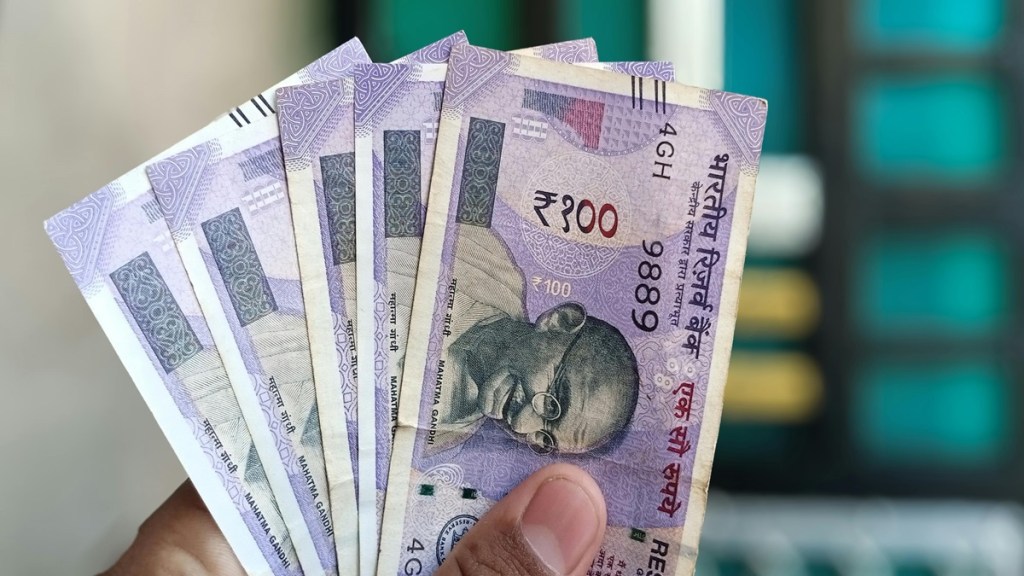Suzuki Motor Corporation’s social impact investment arm Next Bharat Ventures IFSC on Thursday announced its first investment fund of Rs 340 crore to support social impact startups and entrepreneurs focusing on Tier-II cities and beyond in the country. The fund will support early-stage impact entrepreneurs through its Next Bharat Residency programme of four months.
The programme, for which applications are open till July 31, will begin on October 14 with entrepreneurs “who are impact-first, have a clear problem-solving approach, and are committed to contributing to the rural community or the informal sector of India,” the company said in a statement.
Speaking on the fund launch, Toshihiro Suzuki, President and CEO, Suzuki Motor Corporation said, “Bharat has about 1.4 billion people, but we have only reached about 0.4 billion with our mobility business. Our goal is to connect with the “Next Billion” people of India, extending beyond mobility and becoming a part of India’s future story.”
The programme will also offer mentorship support by industry leaders along with Rs 1 crore to Rs 5 crore equity funding for selected startups.
“Next Bharat investment framework focuses on horizontal scaling, aiming to create hundreds of profitable SMEs over a fund cycle, rather than concentrating on creating just two or three unicorns per fund cycle,” said Vipul Nath Jindal, CEO and Managing Director, Next Bharat. The investment firm is a 100 per cent subsidiary of Suzuki Motor Corporation Japan.
The programme, which will conclude on January 9th, 2025, will have five weeks of in-person sessions in Bengaluru and seven weeks of virtual sessions for entrepreneurs. The shortlisted startups would be invited for two to three rounds of interviews till mid-September before final selection and onboarding in the third week of September.
“There are existing stakeholders in the ecosystem who are already enabling these amazing impact entrepreneurs in many ways. Our long-term ambition is to work closely with these stakeholders and bring them together to build compounding synergies within the ecosystem,” said Jindal.


